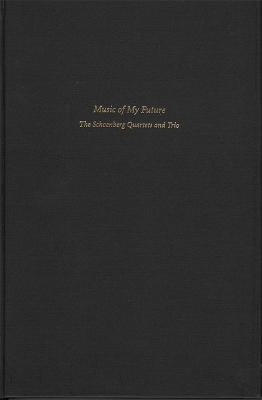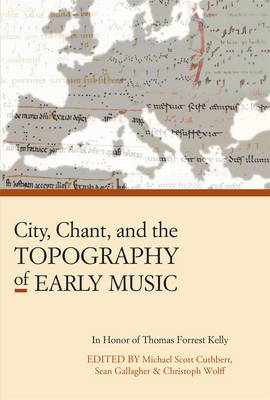Isham Library (HUP) Contins pass to - [email protected]
2 total works
Schoenberg's quartets and trio, composed over a nearly forty-year period, occupy a central position among twentieth-century chamber music. This volume, based on papers presented at a conference in honor of David Lewin, collects a wide range of approaches to Schoenberg's pieces.
The first part of the book provides a historical context to these works, examining Viennese quartet culture and traditions, Webern's reception of Schoenberg's Second Quartet, Schoenberg's view of the Beethoven quartets, and the early reception of Schoenberg's First Quartet. The second part examines musical issues of motive, text setting, meter, imitative counterpoint, and closure within Schoenberg's quartets and trio.

